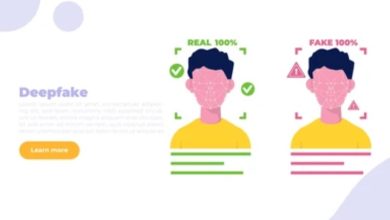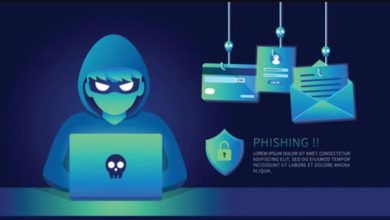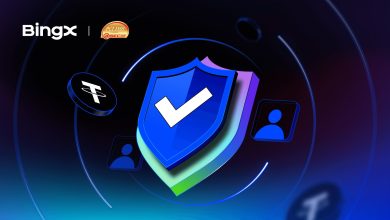Cyber Resilience in Malaysia: Why Compliance Isn’t Enough
Organisations Would Need to Go Beyond Compliance If Cyber Resilience Is Their Goal

In today’s hyperconnected world, compliance is often seen as the gold standard for cybersecurity. Across Malaysia, financial institutions, critical infrastructure providers, and businesses have made significant strides aligning with frameworks such as Bank Negara Malaysia’s Risk Management in Technology (RMiT) guidelines, the Personal Data Protection Act (PDPA), and various sector-specific regulations.
Yet breaches continue to make headlines, affecting even the most “compliant” organisations. Why?
The reality is compliance is only the starting line, not the finish line. In a rapidly evolving threat landscape, true cyber resilience demands much more.
Compliance Alone Can’t Keep Pace with Threats
While regulatory frameworks are a crucial foundation, they represent only the minimum baseline. Threat actors are not bound by minimum standards, they are innovating faster than regulations can evolve. Sophisticated ransomware gangs, state-sponsored groups, and cybercriminal syndicates are constantly refining their tactics.
According to CyberSecurity Malaysia, local organisations faced over 19 million cyber threats in the first half of 2024, resulting in financial losses exceeding RM1.2 billion. Regional findings from Sophos indicate that 83% of APJ organisations report increased operational complexity due to cybersecurity regulations, with 36% citing employee stress and burnout as a direct result. Yet, 56% still recognise that these frameworks improve both cybersecurity and business resilience, highlighting the need to balance compliance with practical, scalable implementation. Clearly, businesses must go beyond regulatory checklists and adopt proactive, intelligence-driven security measures.
At Sophos, our 2024 Threat Report highlights emerging tactics such as data extortion without encryption, AI-powered phishing campaigns, and the exploitation of zero-day vulnerabilities, all occurring faster than typical regulatory update cycles. In Malaysia, sectors like education, healthcare, SMEs, and financial services are increasingly targeted by multi-extortion ransomware attacks.
For business leaders, compliance should be seen as a foundation, not a complete strategy. Cyber resilience demands real-time threat monitoring, AI-driven automation for faster incident response, and comprehensive recovery frameworks. In today’s environment, “checking the box” is no longer enough; security must be responsive, intelligence-led, and fully embedded across operations.
The Growing Problem of Framework Fatigue
At the same time, organisations are grappling with an ever-expanding maze of cybersecurity frameworks; international, industry-specific, and national. This burden is particularly acute for SMEs, which often lack the resources and expertise needed for robust cybersecurity implementation.
This complexity can lead to framework fatigue: confusion, burnout, and decision paralysis that prevent effective action. While frameworks aim to provide clarity, without the right support, they risk overwhelming the very organisations they are meant to protect.
Malaysia’s evolving regulatory environment holds promise for streamlining this complexity. However, businesses must be equipped with practical guidance, scalable technologies, and actionable strategies to bridge the gap between compliance and true resilience.
From Compliance to Resilience: A Strategic Imperative
It’s no longer enough to ask, “Are we compliant?” Organisations must ask:
- Are our cybersecurity strategies aligned with real-world threats?
- Do we have the visibility, control, and speed necessary to detect and respond to incidents?
Cyber resilience must be a board-level priority, recognised as a critical enabler of trust, operational continuity, and competitive advantage. Organisations that treat cybersecurity as a strategic business imperative today will be the ones that thrive in Malaysia’s increasingly digital economy.




